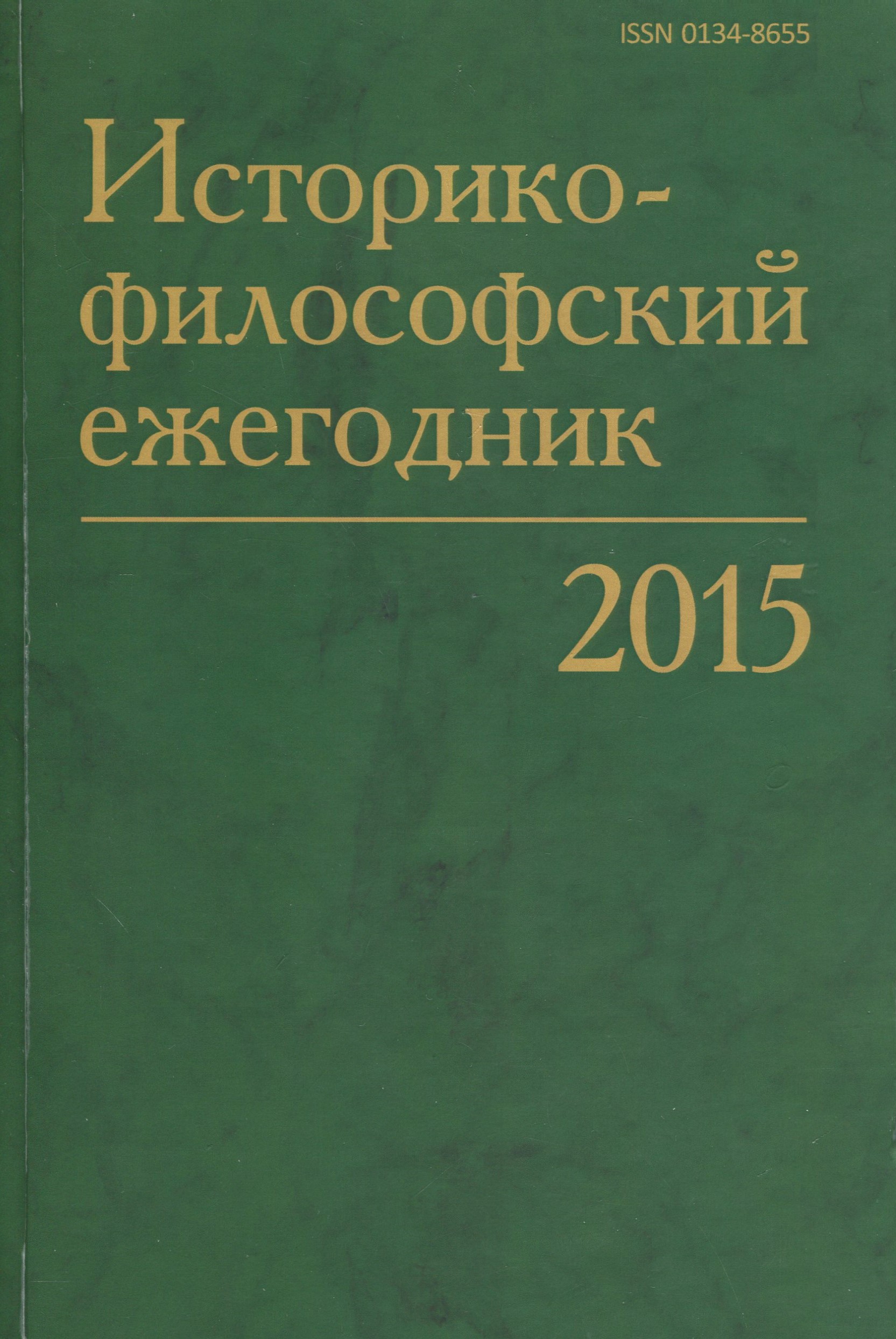The Good, the Evil and the Indifferent in Epictetus’ Conception of Freedom of Choice
Keywords:
Ancient philosophy, Stoicism, Ethics, Epictetus, the Good, the Indifferent, choice, the Evil, the Preferred, view, freedom of will, passionAbstract
This article discusses some of the consequences of the Stoic arguments about the Good, the Evil and the Indifferent that were developed in the teachings of Epictetus. Some kind of a softening of the moral rigorism of the Early Stoics helped him to formulate a more existential theory of human action, based on the idea of freedom of choice. Special attention is given to the problem of opposition between «what is in our power» and «what is not in our power», as well as to the problem of relevant classification of the passions in the teachings of the Stoic School. The second problem is linked to the problem of searching for an adequate correspondence for the term «not good passions». In addition, the article provides an explanation of why there is no any positive equivalent to the «sorrow» in the text by Epictetus. The author comes to the conclusion that the arguments used by Epictetus show that the concept of real evil finds meaning only in its relation to the concept of imaginary evil: There cannot be a good one to one correspondence for the term «imaginary evil» among the «good passions».

